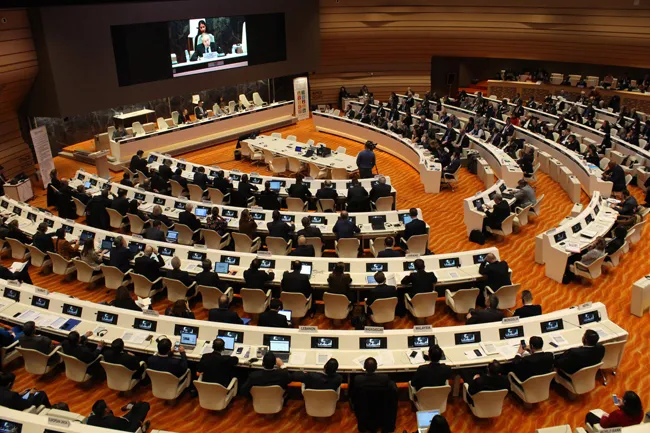The FIEC, which represents Europe’s contracting firms, is calling for greater spending on developing the transportation network. According to the FIEC, a stronger EU budget for transport is of importance for the European economy. An official statement said, “On its own, completing the TEN-T network will create 10 million extra jobs by 2030. State-of-the art transport infrastructure is also an investment in long-term growth and jobs. Investing €750 billion could generate € 4,551 billion additional GDP.”
The Trans-European Transport Network (TEN-T) policy aims to remove bottlenecks, address missing links, improve interoperability among different transport modes and among regional and national transport infrastructure and integrating urban areas into the network. Established by the Treaty of Maastricht, its last revision was in 2013. The 2013 Regulation differentiates etween a comprehensive and a core network - the former including remote areas, the latter containing corridors of “highest strategic importance”. According to the Regulation, the core network should be completed by 2030 while the comprehensive network should be established in 2050.
In order to foster investment in the TEN-T and to meet the policy’s objectives, a specific funding instrument, the Connecting Europe Facility (CEF), was established in 2013. Regrettably, the CEF is currently strongly under financed. Since 2017, three years before its end, the CEF budget for transport has all been used. The demand for CEF funds has exceeded the available resources by around 150%. If the CEF transport budget does not increase in 2021-2027, the completion of the core network is at risk due to insufficient budget. In fact, the completion of the core network by 2030 requires more than €750 billion.
FIEC calls for greater transport spending for Europe
The FIEC, which represents Europe’s contracting firms, is calling for greater spending on developing the transportation network. According to the FIEC, a stronger EU budget for transport is of importance for the European economy. An official statement said, “On its own, completing the TEN-T network will create 10 million extra jobs by 2030. State-of-the art transport infrastructure is also an investment in long-term growth and jobs. Investing €750 billion could generate € 4,551 billion additional GDP.”
The
October 7, 2019
Read time: 2 mins








